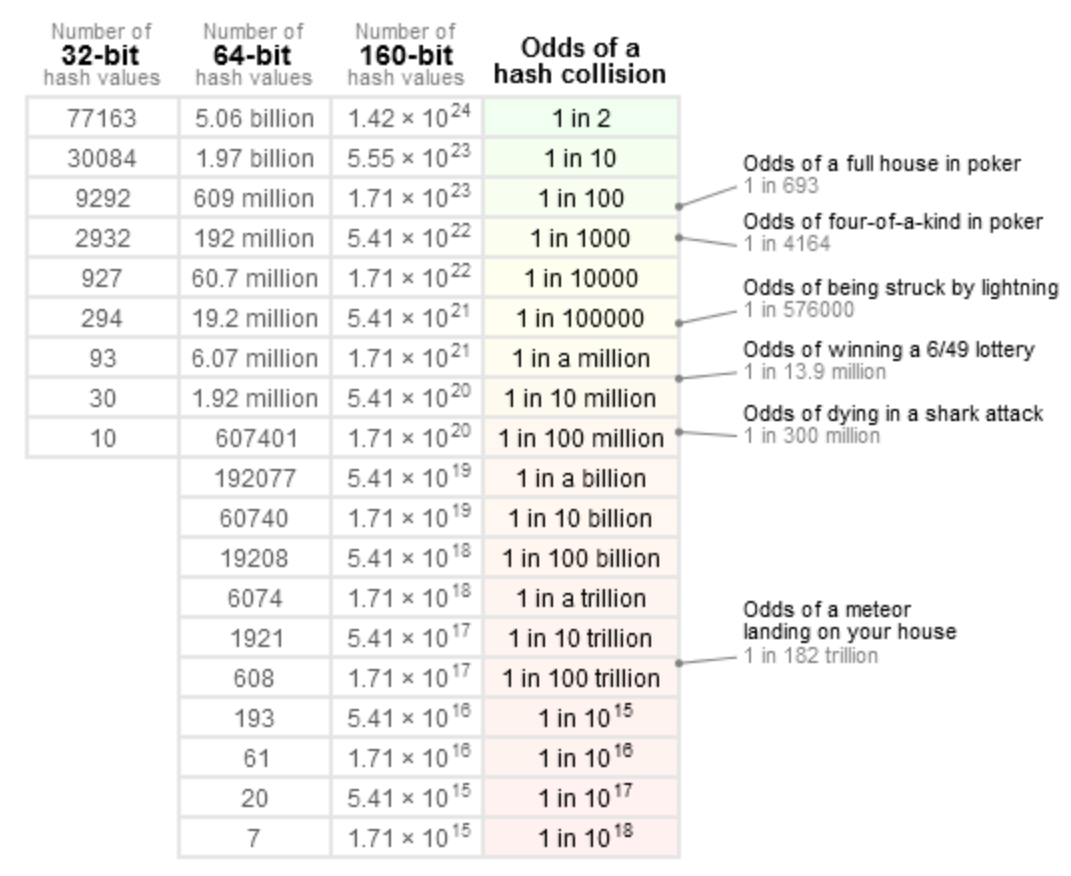You say 20 digits, but it appears that you want 16 digits plus UKWS at the end. And what you generate is a 5-byte random number, so you will only get 12 full digits. The first three will always be a 0, and the fourth will most also be 0.
Here is a better expression that gives you full 16 random digits:
SELECT CAST( abs(CAST(CRYPT_GEN_RANDOM(8) AS bigint) % CAST(1E16 AS bigint)) AS CHAR(16)) + 'UKWS'
You need to do some math to find out what the likelihood for duplicates are with 10 million rows. My gut feeling is that it may be OK, but maybe not. Viorel's test showed that 12 digits was not good enough.
If you go by a sequence as suggested by Tom, it becomes a non-issue. The data type for the sequence in your case should probably be decimal(16,0).



